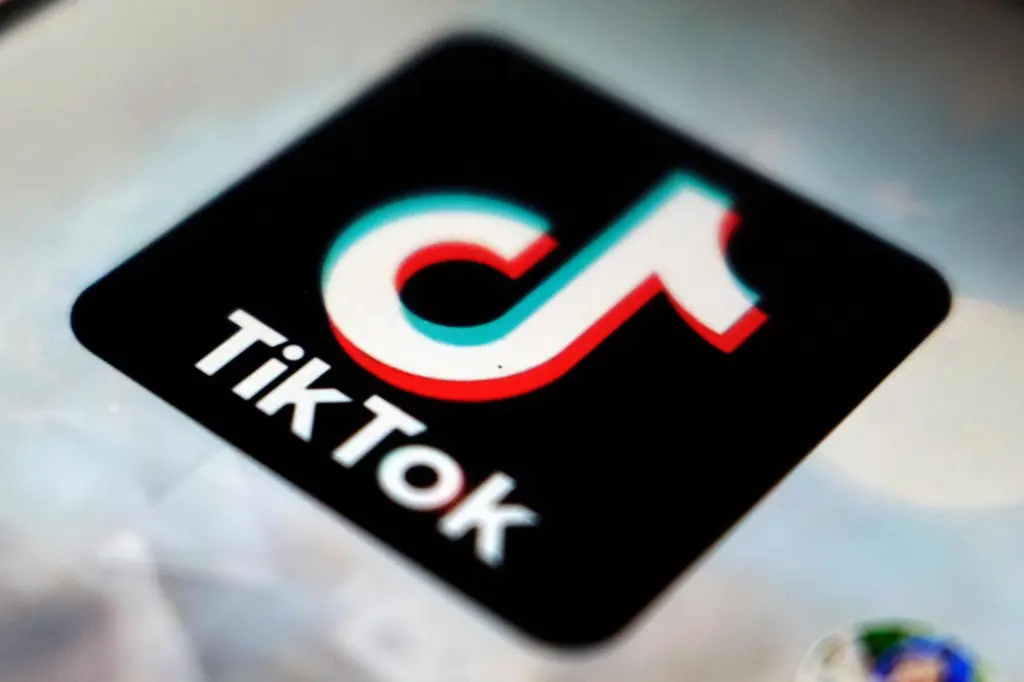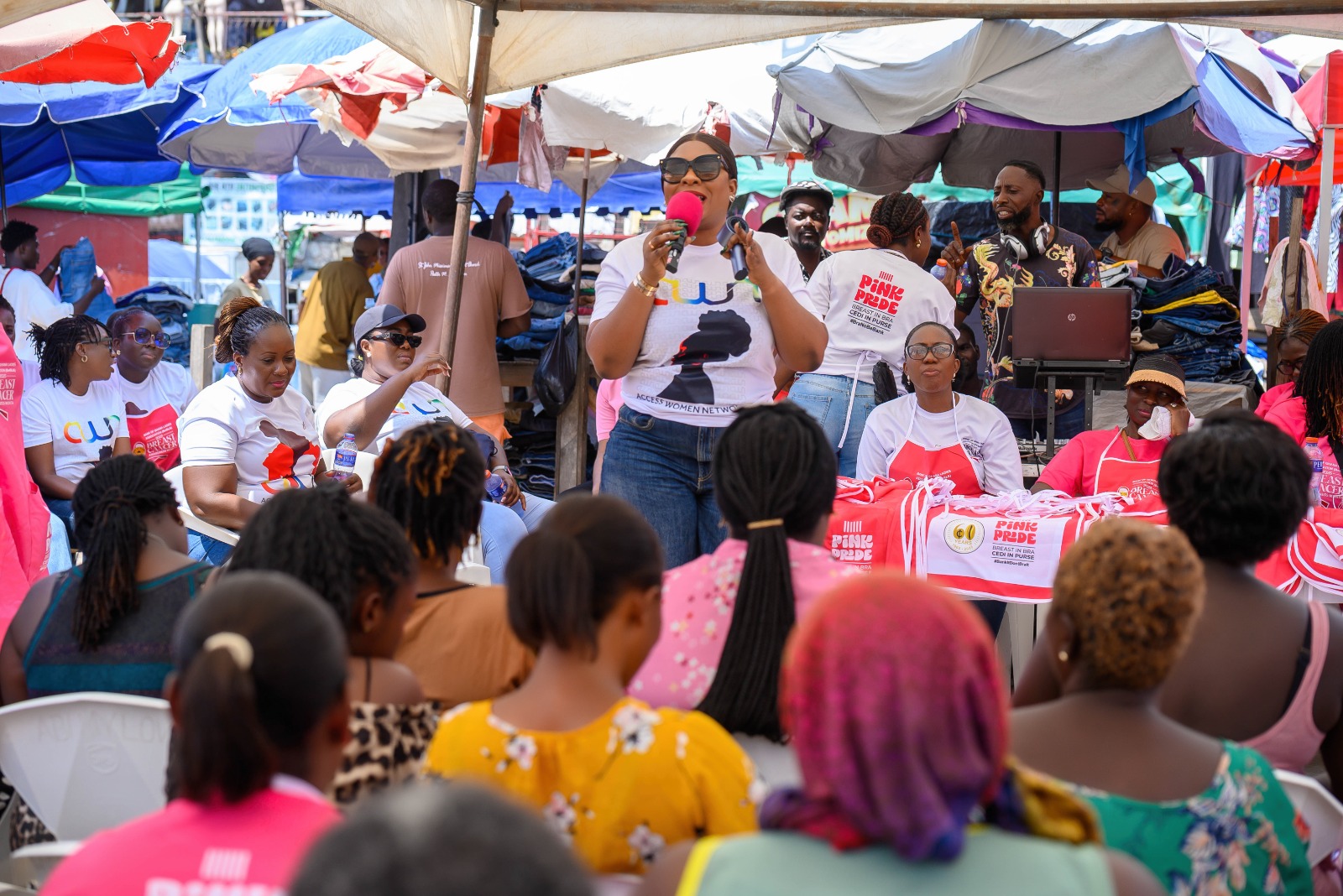Copyright tribuneonlineng

The National Assembly will on Monday, November 10, hold a public hearing on the National Digital Economy and E-Governance Bill 2025. According to a joint notice signed by Senator Shuaib Afolabi Salisu, Chairman, Senate Committee on ICT and Cybersecurity, and Hon. Adedeji Stanley Olajide, Chairman, House Committee on Digital and Information Technology (ICT), the hearing will take place at the Senate Conference Room 022. The bill, described by experts as potentially transformative for Nigeria’s digital economy, could have a similar impact to the 2001 telecommunications liberalisation, paving the way for a comprehensive digital governance framework. Among its major provisions, the bill seeks to modernise governance, boost digital commerce, and promote skills development across sectors. Key highlights include the legal recognition of digital signatures (Section 15), which would make electronic signatures valid if secure, unique, and tamper-evident, a move expected to simplify transactions and enhance Nigeria’s participation in global digital trade. Under Section 4, government documents and records would be legally recognised in electronic form, enabling paperless governance and reducing administrative costs. ALSO READ: We’ll fight it out if US invades Nigeria — Fani-Kayode warns Trump The legislation also proposes the establishment of a Nigeria Data Exchange (Section 46), a centralised platform to enable seamless data sharing among government agencies, integrating services such as taxation, health, and identity management. It further outlines ethical AI principles (Section 63) mandating fairness, transparency, and accountability in artificial intelligence development, alongside an AI Risk Classification framework (Section 65) to ensure proportionate regulation. In addition, the bill makes disclosure by online suppliers (Section 40) mandatory, requiring e-commerce platforms to clearly display business identity, pricing, and policies to strengthen consumer trust. It also calls for recognition of non-traditional certifications (Section 58), ensuring that online learning and bootcamp certificates are accepted for employment and training opportunities. Research by a popular tech news portal, Tech Digest, suggests that the passage of the bill could reduce corruption through transparent digital systems, improve efficiency in governance and commerce, and align Nigeria’s digital ecosystem with global best practices in e-governance and data management. ALSO READ TOP STORIES FROM NIGERIAN TRIBUNE



